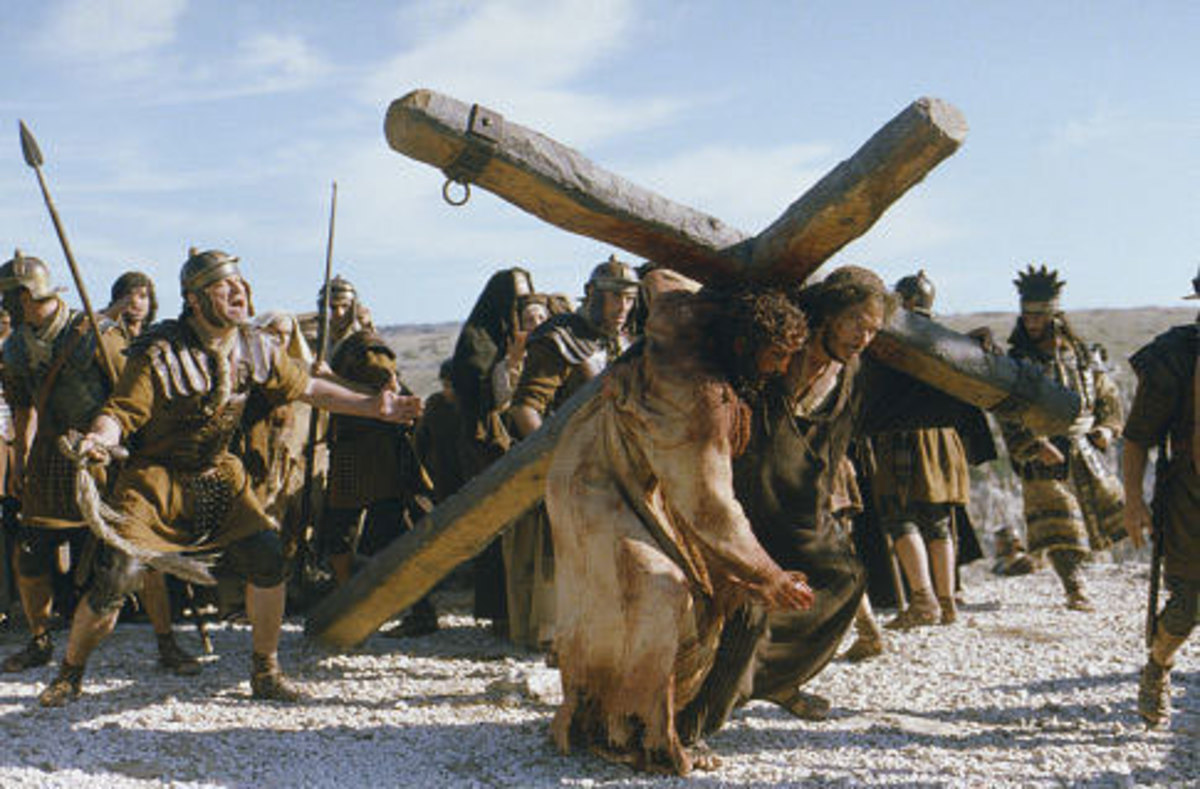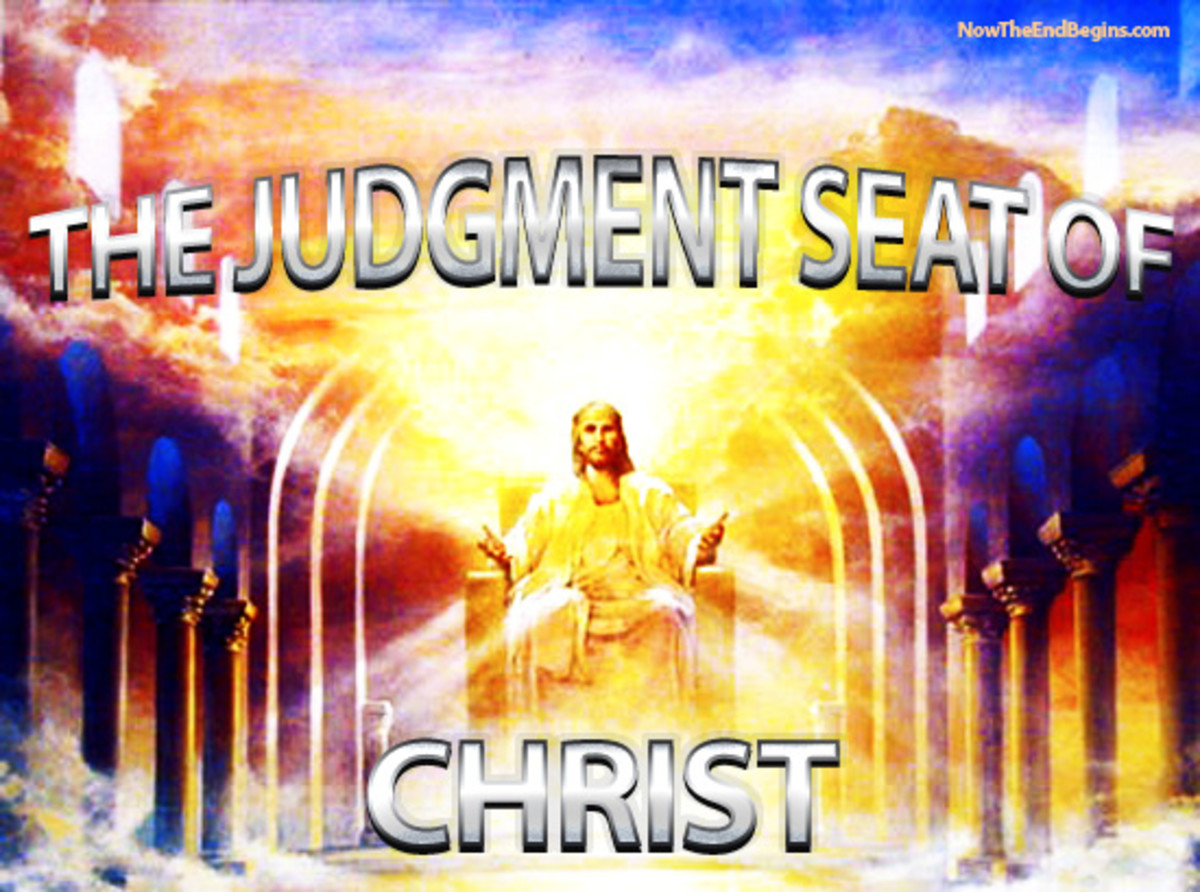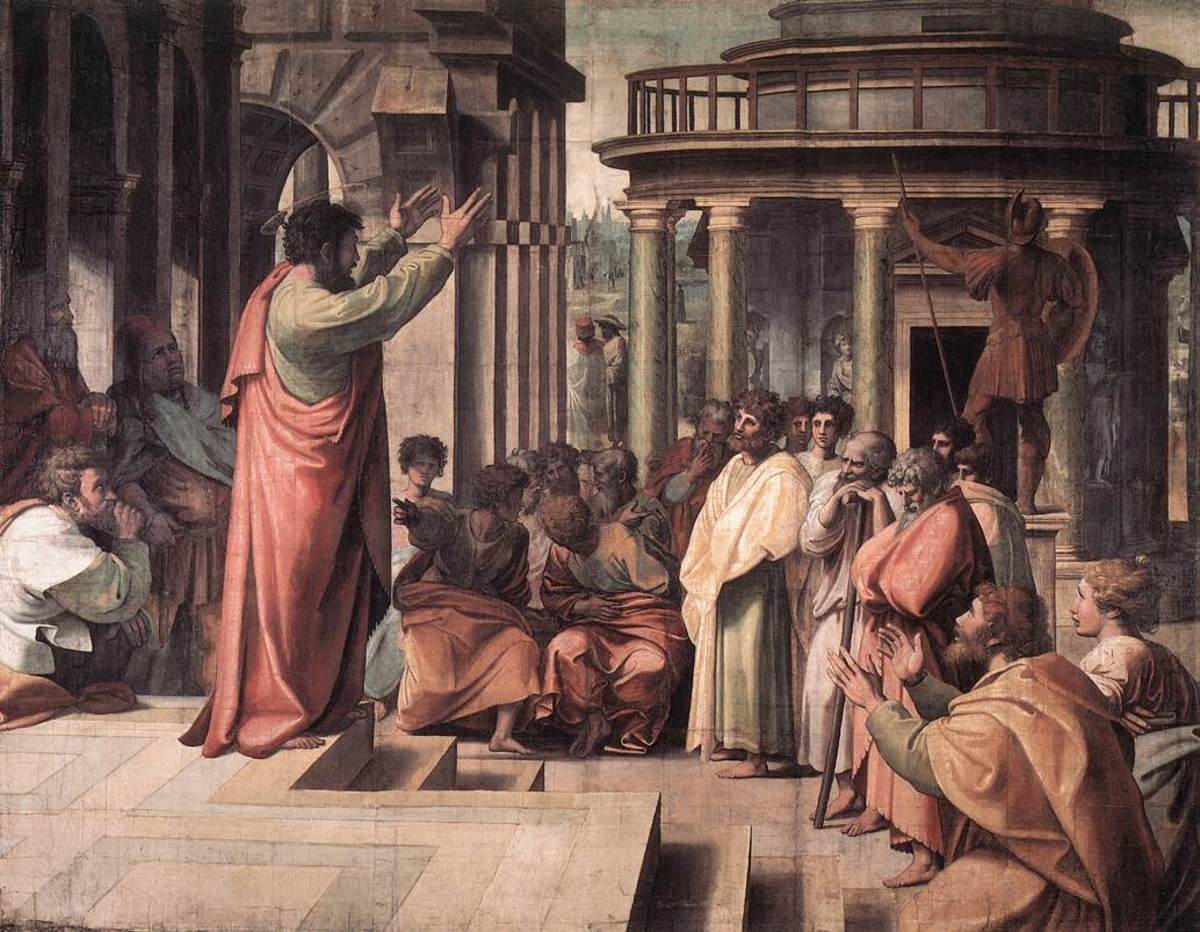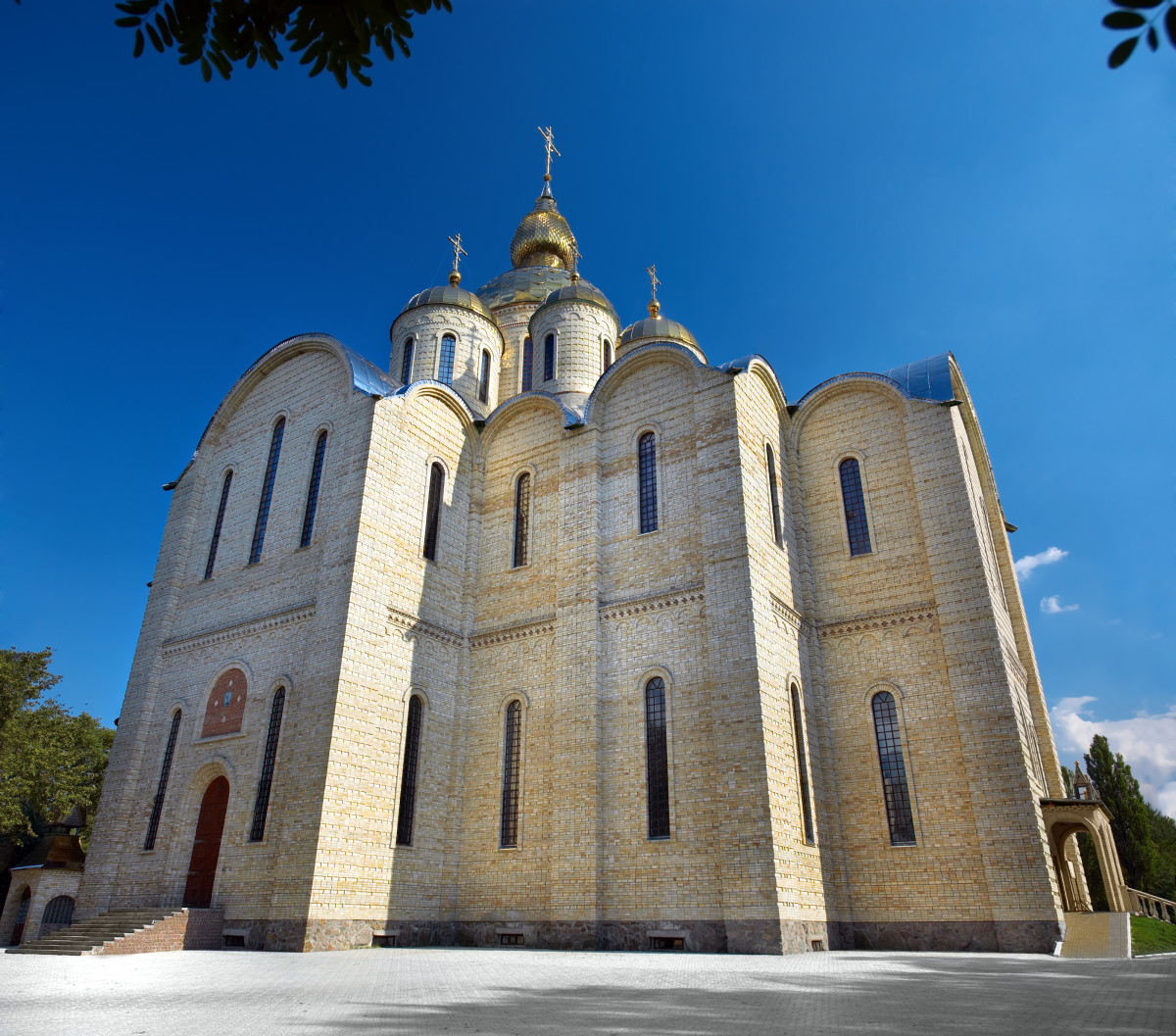Christ as the Day of Atonement

Love and Fear
Leviticus 23 shows us how to experience Jesus Christ today to fulfill His eternal purpose. Seven Feasts are described, each displaying Christ experienced and enjoyed. He is the Passover (Crucified Christ for our salvation), Unleavened Bread (Resurrected Christ for our sanctification), First Fruits (Ascended Christ for God’s enjoyment), Pentecost (Outpoured Christ for His propagation), Feast of Trumpets (Christ returning as our hope), and now we will see Him as the Day of Atonement:
26 The Lord spoke to Moses, saying, 27 “On exactly the tenth day of this seventh month is the day of atonement; it shall be a holy convocation for you, and you shall humble your souls and present an offering by fire to the Lord. 28 You shall not do any work on this same day, for it is a day of atonement, to make atonement on your behalf before the Lord your God. (Lev 23)
There are two fundamental human emotions: fear and love. These primal motivators explain 99% of our actions. The greatest is love. Love compels us forward to that which is glorious, beautiful, and honorable. A Christian is one who has a revelation of the most glorious, beautiful, and honorable one in the Universe --Jesus Christ (Matt 16:16-17; 2 Cor 4:6; Heb 2:9). Such a vision draws us to love Him with all our heart, mind, soul, and strength (Mark 12:30), and to obey His word (John 14:23), and to serve Him (2 Cor 5:14-15).
Fear the Lord: Beginning of Wisdom
What about fear? The importance of fear in the Christian life is clear from the Scriptures:
So the assembly throughout all Judea and Galilee and Samaria enjoyed peace, being built up; and going on in the fear of the Lord and in the comfort of the Holy Spirit, it continued to increase. (Acts 9:31)
But in every nation the man who fears Him and does what is right is welcome to Him (Acts 10:35)
Therefore, having these promises, beloved, let us cleanse ourselves from all defilement of flesh and spirit, perfecting holiness in the fear of God. (2 Cor 7:1)
And be subject to one another in the fear of Christ. (Eph 5:21)
So then, my beloved, just as you have always obeyed, not as in my presence only, but now much more in my absence, work out your salvation with fear and trembling; (Phil 2:12)
Slaves, in all things obey those who are your masters on earth, not with external service, as those who merely please men, but with sincerity of heart, fearing the Lord. (Col 3:22)
If you address as Father the One who impartially judges according to each one’s work, conduct yourselves in fear during the time of your stay on earth; (1 Pet 1:17)
What should a Christian fear?

You Cannot Lose Salvation: You Can Lose Your Reward
We have one thing to fear: the judgment of the Lord:
10 For we must all appear before the judgment seat of Christ, so that each one may be recompensed for his deeds in the body, according to what he has done, whether good or bad.11 Therefore, knowing the fear of the Lord, we persuade men, but we are made manifest to God; and I hope that we are made manifest also in your consciences. (2 Cor 5:10-11)
All Christians will stand before Christ for judgment at His second coming to the earth. This is the reality of the Day of Atonement. This judgment is not to determine eternal life. We receive eternal life, the life of God, the moment we believe, and become eternally, inseparably, children of God (John 1:12-13; Eph 1:13-14; Rom 8:16). We can never lose that salvation, as it is a free gift (John 3:16; 10:28-29; Eph 2:8). Free gifts are not earned, and God does not take them back (Rom 11:29). But after we are saved initially, God expects us all to grow unto full sonship (Eph 3:14-19; Rom 8:28-30), serving Him with the gift He gave us (Eph 4:7-13; Rom 12:1-8). Our life after we are saved will be judged. This is salvation based on our works (Phil 2:12-13; 2 Peter 1:5-11). It issues in a reward, not a free gift (Rev 22:12). Rewards must be earned through faithful service.
Many Christians do not understand these truths, and thus fall into one of two extremes. Those not realizing the eternal salvation of the Lord think they can lose their salvation. This is impossible, and leads to an unstable Christian who lives perpetually in fear. The other extreme is the believer who feels there is no judgment for believers to come, that Jesus judged all our sins on the cross, so the future is all bright and cheery. These Christians are living in a delusion.
The truth is higher than either of these extremes, and properly reconciles the seeming contradiction. The lack involves not understanding the two-fold nature of God’s salvation. Salvation is a process of Christ transforming us into His image, growing in us and building us up with other members of Christ’s Body, to become His bride, the Father’s house, and His many sons. It has an initiation, when the Spirit enters us as a free gift. It has its fulfillment when Christ returns and ushers His mature believers into His kingdom on earth as a reward. While you cannot lose your free gift, you can lose your reward. This is why we should fear Him. This judgment is the reality of the Day of Atonement.
The Parable of the Ten Virgins
Many parables speak of this reward, and the loss suffered by those who do not serve Him in their life. For example, consider the parable of the ten virgins, five wise and five foolish, in the context of the two extreme views (Matt 25:1-13). Most Christians think this parable is about false believers, since in their mind there is no way for Christians to be judged at His coming. The other extreme thinks the foolish ones in the parable are Christians who lose their salvation and end up in hell. Both are incorrect. Rather, it shows the full salvation of God.
First, all ten are “virgins” meaning they are all believers (2 Cor 11:2). They all get the Spirit, likened to oil (1 Sam 16:13), in their lamp, which signifies their human spirit (Prov 20:27). They are all “saved”—initially. The problem is that the foolish virgins do not fill their vessels, their soul, with more oil. They are foolish with their life. When the Lord returns, at the Day of Atonement, they are judged, and lose their reward of the kingdom, since they are not qualified to reign with Him. They must go elsewhere to gain the oil, the Spirit, they should have gained in their life. The wise virgins are believers who filled their being with God, even every day, and so were filled with Him, being matured and ready to meet Him at the wedding feast of the kingdom (Eph 5:15-21). This is their reward for their godly work of being filled with God. The ones locked out of the kingdom do not go to hell. They are left out of the marriage feast, the 1,000 year reign of Christ (Rev 19:9; 20:4). They had to make up for their lack in human life, for they are told to go and buy oil. They need to pay a price for more oil. It is not free. They lose their reward, but not their initial salvation. They are always virgins.
The Parable of the Talents
The next parable is about the foolish and wise stewards (Matt 25:14-30). Here again all the parties are believers, as they all get talents, a sum of money, from the Lord. Unbelievers do not get a spiritual gift from Jesus. The difference, as with the ten virgins, is the kind of life they lived after they received the initial salvation. Two were wise and faithful, diligently serving their Lord to increase His riches. This is a picture of us serving God with His assembly while on earth to magnify Christ (Matt 24:45-51; 1 Pet 4:10). Those wise and faithful stewards are given the reward of the kingdom at the Lord’s Second Coming. The slothful and evil servant hid the money he received, and thus received no reward on the Day of Atonement. He was thrust outside the kingdom into the “outer darkness.” He lost his reward. He did not lose salvation. Hell, the Lake of Fire, is not the same as “outer darkness.” The Lake of Fire is for the destruction of unbelievers. Outer darkness is for the discipline of believers. Only true sons are disciplined (Heb 12:4-11). Discipline is only temporary. The Lake of Fire is forever.
The Reality of the Day of Atonement
The Day of Atonement should motivate us with a healthy and godly fear of the Lord for the Day of His Coming, when we will all stand before Him. It should sober us to seek Him, to cast off our sins, our worldly enjoyments, and the anxieties of life, to be filled with Him every day, and to serve Him with the gift He gave us. Love indeed propels us forward to Him. But fear regulates us. Eventually, if we continually grow and get matured, love will make fear disappear, as we look forward with boldness to His coming.
By this, love is perfected with us, so that we may have confidence in the day of judgment; because as He is, so also are we in this world. There is no fear in love; but perfect love casts out fear, because fear involves punishment, and the one who fears is not perfected in love. (1 John 4:17-18)
Christ For Today
- Hymn: We have seen Christ is reality
Christian hymns and spiritual songs with wonderful truths and music.}
Next: Enjoying Christ as the Feast of Tabernacles
- Enjoying Christ as the Feast of Tabernacles
Today we can experience Christ as our indwelling spiritual feast and be transformed into His living temple on the earth. Leviticus 23 shows us a picture of this, which culminates as the New Jerusalem, the ultimate mingling of God and man as the home








